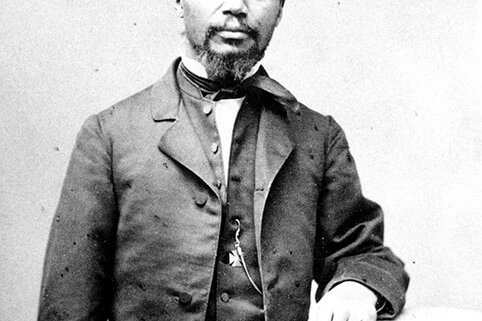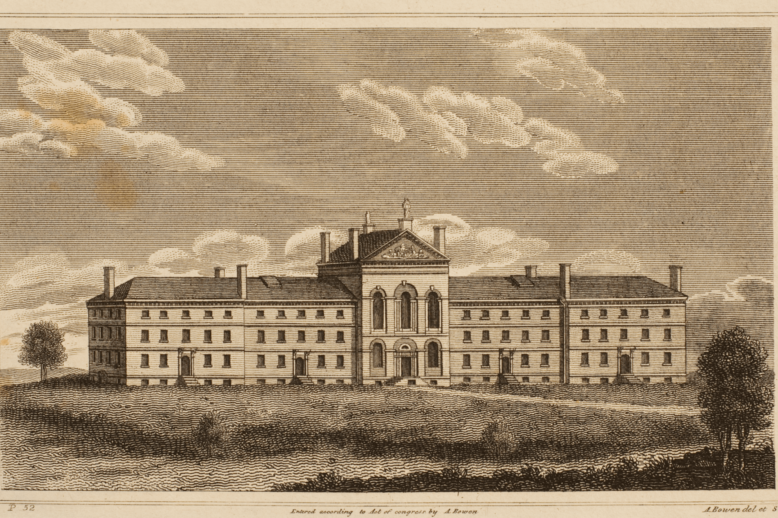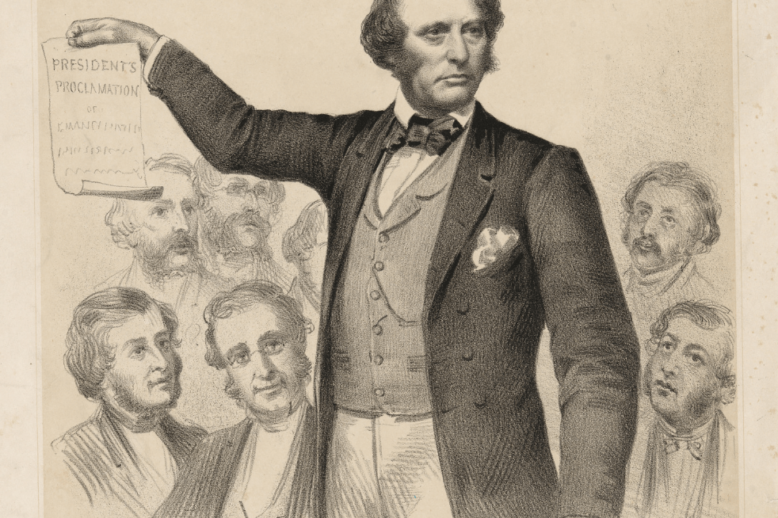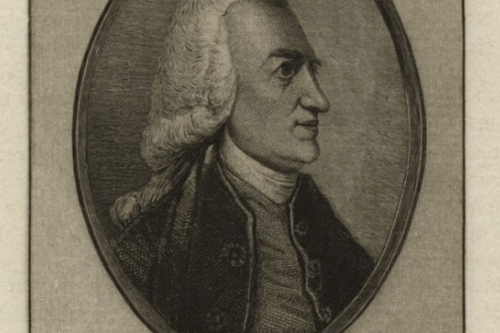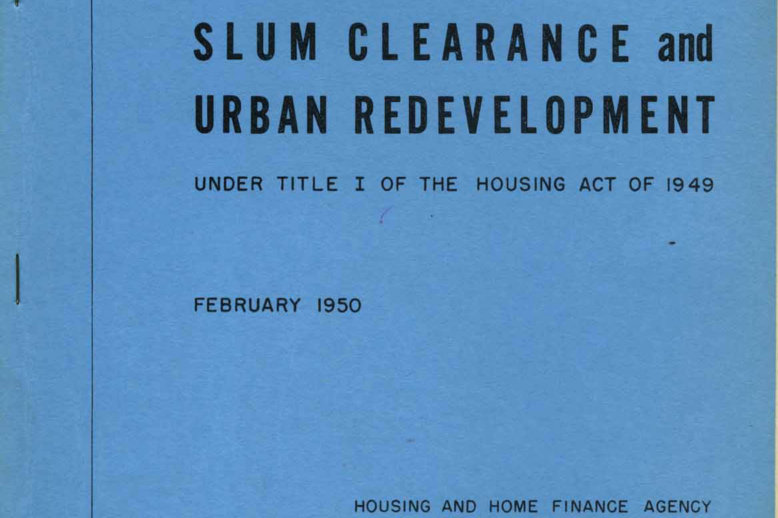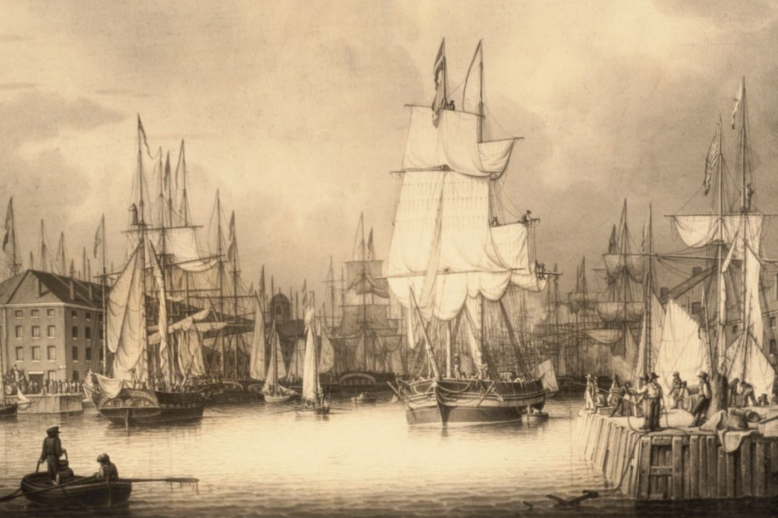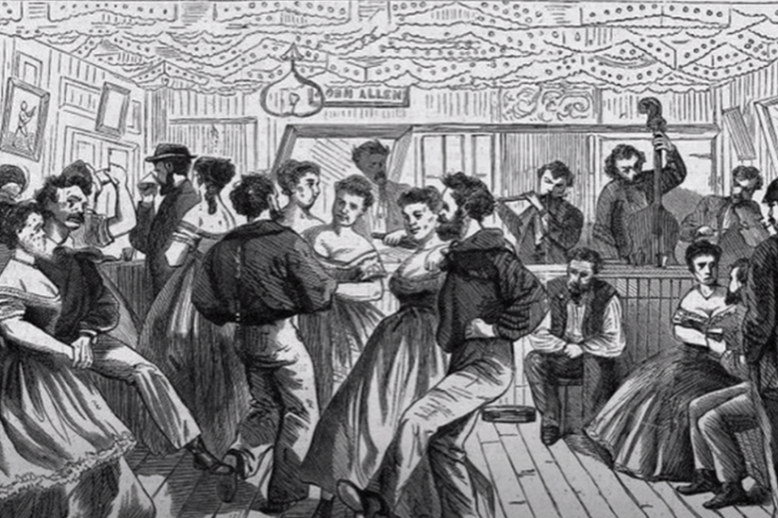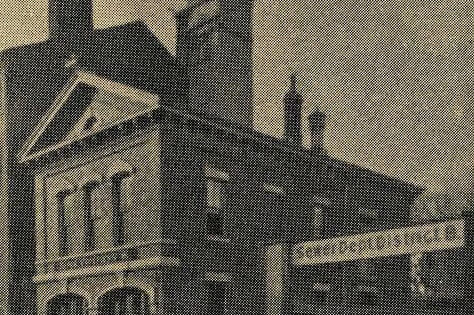Topic: Politics & Law
Politics, politicians, political clubs, laws, lawyers, courts, jurisprudence, criminals, crime, law enforcement, jails
Robert Morris (1823-1882) was a prominent civil rights leader in Boston and the United States’ second African American lawyer. He built a successful career as a lawyer handling civil, criminal, and civil rights cases, while putting his life and livelihood on the line for causes he believed in: abolition, the protection of freedom seekers, the desegregation of schools, the integration of militias, equal rights for women, and fair representation for immigrants.
For almost twenty-five years, the Leverett Street Almshouse dominated Barton’s Point, a blunt strip of land jutting out from the West End into the Charles River. In this building, designed by Charles Bulfinch, Boston continued to carry out its tradition of housing and caring for its most needy residents.
Charles Sumner (1811-1874) was a lawyer and United States Senator who was a vocal abolitionist and civil rights advocate. He was born and lived most of his life on the North Slope of Beacon Hill, where he had close connections with the Black and abolitionist community.
James Bowdoin II, scientist, politician, businessman and the namesake of the West End’s Bowdoin Square, embodied the powerful gentry class of his day.
While the demolition of the West End began in 1958, the momentum for its destruction and for the federal urban renewal program itself began 20 years earlier, in the aftermath of the Great Depression. The Housing Act of 1949 would later mark the official birth of the federal Urban Renewal Program. Although it aimed to revitalize struggling inner cities, it often did so at the expense of established communities and displaced residents.
In 1847, sixty-six former slaves arrived at Boston’s Long Wharf. One of the group’s members, Peter Randolph, was instrumental in securing the former slaves’ freedom and the compensation promised to them. Randolph and others from the sixty-six became active members of the West End community.
In August 1823, Mayor Josiah Quincy organized a group of law-abiding volunteers to raid the West End’s notorious center of vice, called The Hill. Two years later, North End residents formed their own posse to tear down houses of ill repute in the neighborhood, leading to what became known as The Beehive Riot.
In 1931, Mayor James Michael Curley planned to sell 50,000 square feet of city land, on North Grove Street in the West End, to Massachusetts General Hospital. Because this land was used by the Public Works Department for sanitation in the West End, residents – and city councilor John I. Fitzgerald – strongly opposed the sale. Fitzgerald, associated with West End boss Martin Lomasney, successfully advocated for the proceeds of the sale to be allocated for continued sanitation services in the West End.


